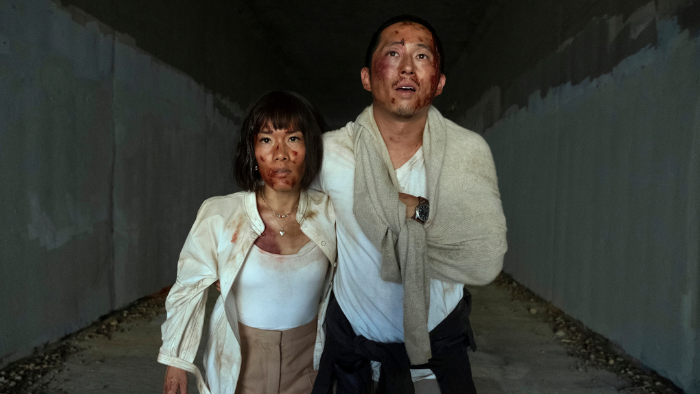by HAEIN JUNG
Authorities from the U.S. and South Korean governments today signed a landmark accord meant to facilitate the return of cultural assets that were seized during the Korean War.
South Korea’s Cultural Heritage Administration (CHA) and the U.S. Immigration and Customs Enforcement (ICE), an agency under the Department of Homeland Security, signed the memorandum of understanding at ICE headquarters in Washington, D.C., Yonhap reported.
“This is the first MOU between a U.S. agency and an agency from the Republic of Korea concerning the cooperation, protection, recovery, restitution of cultural property,” said Tom Winkowski, the principal deputy assistant secretary for ICE, before signing the agreement with CHA’s Rha Sun-hwa.
The agreement follows the discovery and eventual return of nine Korean seals that were removed from the country by an American soldier during the Korean War 60 years ago. Family members of the deceased American Marine lieutenant turned the seals over to U.S. authorities last November. ICE officials said the soldier had found the seals in a ditch near the Deoksugung Palace, which had been ransacked by Chinese and North Korean soldiers.
The new memorandum will help govern information sharing between the agencies and is “also intended to enhance the investigations of looted, stolen cultural property which would lead to the return of these objects to their rightful country or owner,” Winkowski said.
Rha from CHA also noted that the accord is meaningful in that it will expand relations beyond military and economic cooperation into the cultural realm.
“I am hopeful that today’s signing will serve as an exemplary case to other countries holding Korean cultural properties and an opportunity to recognize the value of many Korean cultural objects from the place where they are originated from,” Rha said, according to Yonhap.
Among the artifacts were three national seals of the Korean Empire, the Hwangjejibo (Seal of Emperor), a royal seal and the rest signets used to stamp books or paintings by the Joseon Dynasty’s Royal Court, according to ICE. Rha said that the emperor’s seal is considered “priceless to South Korea as it represents the national dignity and pride of South Korea and its citizens.”
The items were returned to their homeland when President Barack Obama visited South Korea for a summit with President Park Geun-hye this past spring.
Photo courtesy of ICE





